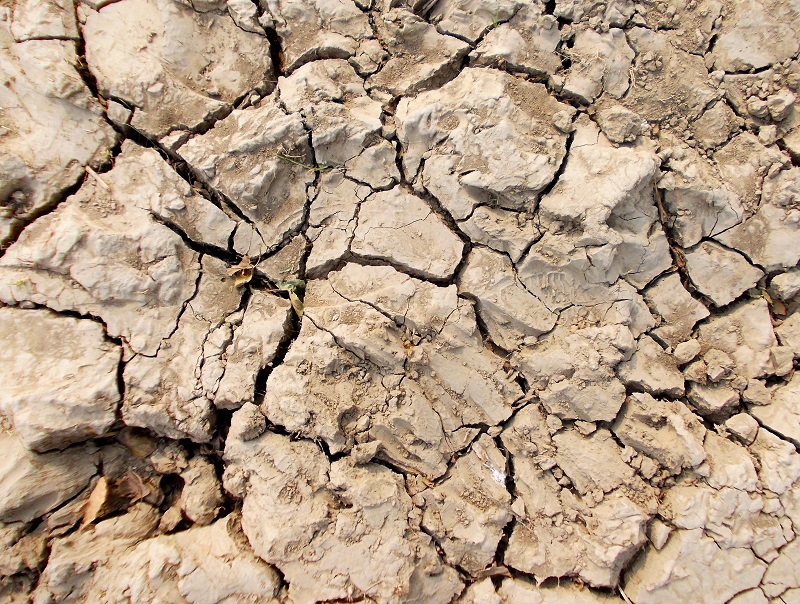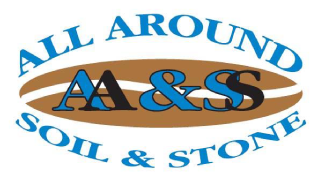Garden common mistakes are a problem for many garden owners. From choosing the wrong plants to misusing tools and fertilizers, it can be difficult to know what to do and what to avoid when caring for your garden. Let’s discuss the most common mistakes made by garden owners so you can avoid them and create a beautiful and healthy garden.
3 Common Mistakes
Here are the three most common mistakes garden owners make and how to avoid them.

Get professional help before your garden gets ruined.
- Not Planning: It’s important to have a plan in place before starting your garden. Not only should you know what plants you want to grow and where they should go, but also what type of soil you’ll need and how much water each species needs. Without these considerations, you may find yourself dealing with a garden full of struggling plants that just won’t thrive.
- Planting Too Many Plants at Once: Planting too many plants at once can create a chaotic environment for your garden. When you add too many plants all at once, the garden can become overcrowded and the plants can compete for resources like sunlight and water. To prevent this from happening, it’s best to start with a few plants at a time, giving them enough space to grow and providing the necessary care.
- Overwatering Plants: Too much water can suffocate your plants and cause root rot. On the other hand, not enough water can also be problematic. You should research the specific needs of your plants and try to stick to a consistent watering schedule. Additionally, make sure that you’re using well-draining soil to help prevent any issues with overwatering.
Tips for a Green Landscape
- Plant Native Species: Native species are adapted to the local climate, soil type, and insects, making them a better choice for your garden. Also, planting native species helps to protect biodiversity and create habitats for local wildlife.
- Consider Water Conservation: Conserving water in your garden is an important way to reduce your environmental footprint. Implementing drip irrigation, using mulch to conserve moisture, and installing rain barrels are all good ways to save water in your garden.
- Choose Organic Fertilizers: Organic fertilizers are much better for the environment than chemical fertilizers, which can damage the environment and soil. Organic fertilizers also promote beneficial microorganisms in the soil, leading to healthier plants and gardens.
Contact us at All Around Soil & Stone today for any products you need to create the garden of your dreams!
